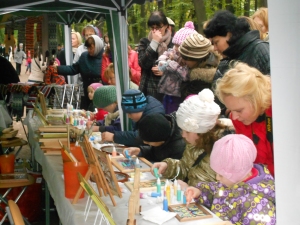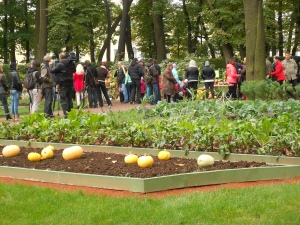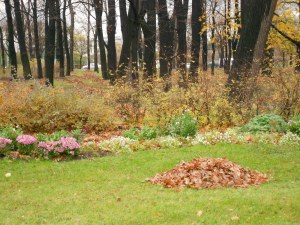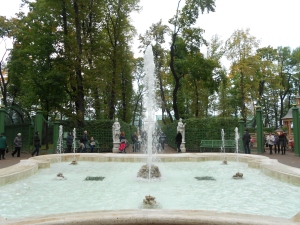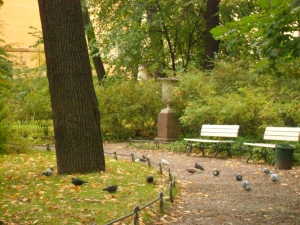Doesn’t the lack of solution to the “Cyprus problem” confirm the fact that peace activists are rarely effective, as a friend in the know suggests to me? I am quite ready to believe her as I fly to Cyprus.
My in-depth conversations with some 15 Cypriot-born artists, academics, NGOs workers, business people, civil servants, and retirees, over the next two weeks in Larnaca, Nicosia and Famagusta, remind me of my friend’s comment somewhat unexpectedly. I learn, once more, that in order to make peace, one has to acknowledge the cost of war; that up to date knowledge of the adversary is essential; and that peace-activism, while not necessarily producing a final solution, may help a society function decently under precarious conditions.
In September 1974, I had been in close contact with some members of the Greek Cypriot diaspora in Athens. Through them I had experienced indirectly the tragic consequences of the right-wing coup against President Makarios and the large displacement of Greek Cypriot and Turkish Cypriot populations following the Turkish invasion/intervention. Here I must confess my difficulties in determining the correct terms to use to define the situation in Cyprus, as legal facts do not necessarily correspond to the perceptions and experiences of those I listen to. There is no way I can get this right, and my Cypriot readers must bear with me. Regardless, walking with local friends in the “dead zone” along the Green Line dividing Cyprus, I must confront the pain, the losses, and the mourning of war. The zone is still “dead” so many years later, with houses destroyed, vacant lots, fences, and soldiers. Later, as I exclaim about the beauty of the University of Cyprus’ new campus in the midst of rolling hills and lush trees, my host points out gently that most of this stunning landscape is beyond the Green line and thus inaccessible from the campus. How could I have not known? This is embarrassing.
Second, I had arrived in Cyprus determined to visit the “occupied zone”, or Turkish Republic of Northern Cyprus (only recognized internationally by Turkey). Practically it is extremely easy and quick for a foreigner with a Schengen ID to go through the two crossings of the Green Line, which opened up in 2003. Millions have crossed since, and many Turkish Cypriots work in the Republic of Cyprus government controlled-areas today. Two new crossings opened in November; it is expected that phone services will function on both sides of the Green Line soon again, at last. Some stress the role of economic interest in strengthening the fabric of Cypriot society; others are more skeptical. Paradoxically, the “occupied zone” may offer a limited space of freedom to critics at a somewhat lesser risk than in Turkey.
In the end I make it only to North Nicosia and Famagusta, visiting there both Eastern Mediterranean University and the old town. Tourism is booming in the Northern part of Nicosia and well organized. Charming restaurants shaded by bougainvillea and ancient buildings in decent shape abound. The highway between Nicosia and Famagusta is in excellent condition, and I observe from the taxi window many new houses going up, apartments in shades of green and pink, and more sober commercial constructions. Thanks to EU/UN support, the old town of Famagusta has been impeccably restored, though the once thriving port looks listless. The former cathedral of Ayios Nicolaos, now Lala Mustafa Pasa mosque, is a wonder of Gothic architecture, but also an oasis of serenity. Better than in other churches transformed into mosques, which I have visited elsewhere, here the two religions seem to coexist peacefully rather than clash, and I linger in the beauty.
Third, the collaborative programs across the divide between NGOs, academics, and business people, surprise me by their number and quality. Cypriots like to stress that the island is small and everybody knows everyone, but some activities do not seem well known, which does not make them necessarily less effective. Thus the UN is sponsoring a late November seminar at the Home for Cooperation between students from the University of Cyprus and from Eastern Mediterranean University and their professors on the use of natural resources for peace or for conflict. Although the event is public, I cannot find an Internet announcement. The support of small countries, such as Norway, Sweden, and Switzerland, beside the EU and the UN, is many fold. But I come across more modest local initiatives also. L.L, a former Cyprus Airlines employee and now an artisan, was forced to leave his hometown in 1974. Much later he helped restore with Greek Cypriot friends and Turkish Cypriot workers (some of whom volunteered their labor) the Church of Ayios Giorgos in Upper Kyrenia where he grew up. Orthodox services are held there several times a year. My interlocutor acknowledges that this may make little difference to politics. “But it gives hope for the future. You cannot solve a problem without connections.”
It remains that the Anan Plan to reunify the island under a shared government was rejected in 2004 by a majority of the Greek Cypriot community; and little has changed since. Yet I am struck by the absence of demonization of the adversary, even among respondents little inclined to contacts with the other community. Convictions are firmly held, in a calm tone, without verbal attacks or insinuations. Acts of violence are rare, and the island feels very safe to the visitor. What a contrast with the United States from where I have just arrived. I wonder to what extent the activities of peace-minded citizens have shaped mindsets and practices. I cannot know for sure, but my encounters change my mind on one point: instead of looking for one comprehensive solution to the so-called Cyprus problem, might I not be wiser to salute the capacity of Cypriots on both sides of the Green Line to survive calamities and weave decent lives? Instead of one solution for one problem shouldn’t I be thinking of the “solution” as an incremental, yet quite effective process of weaving a web of concrete collaborations around shared interests? The atmosphere in Cyprus remains subdued: the “solution(s)” does not depend on Cypriots only; big powers have troops on the ground; yet it would be wrong to discount the power of the powerless.

